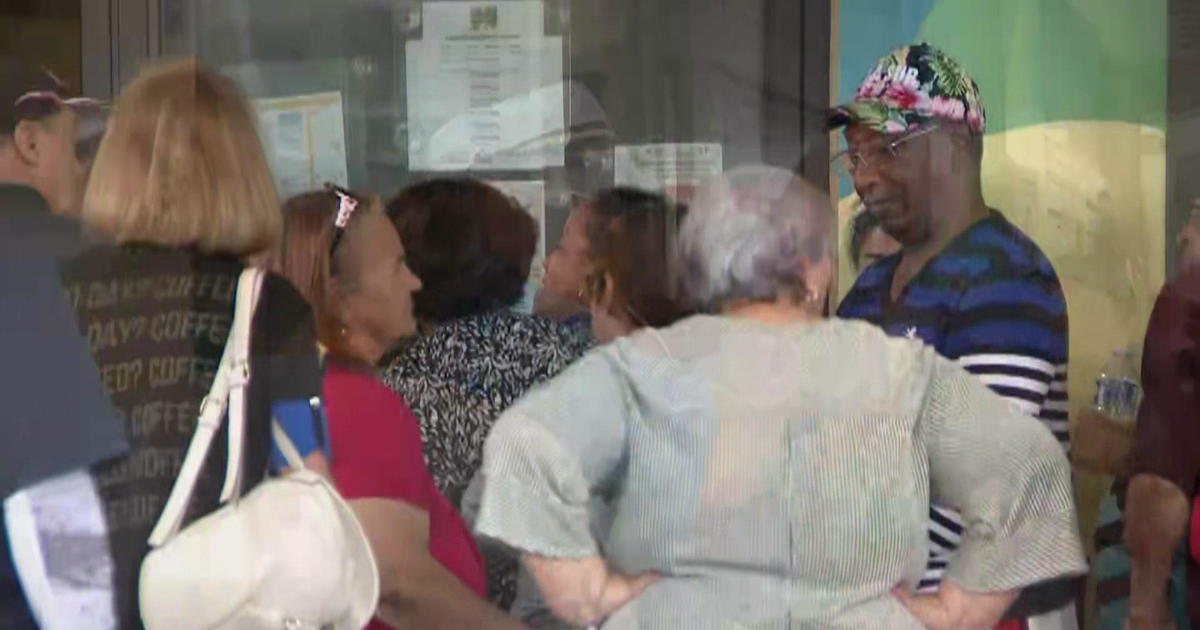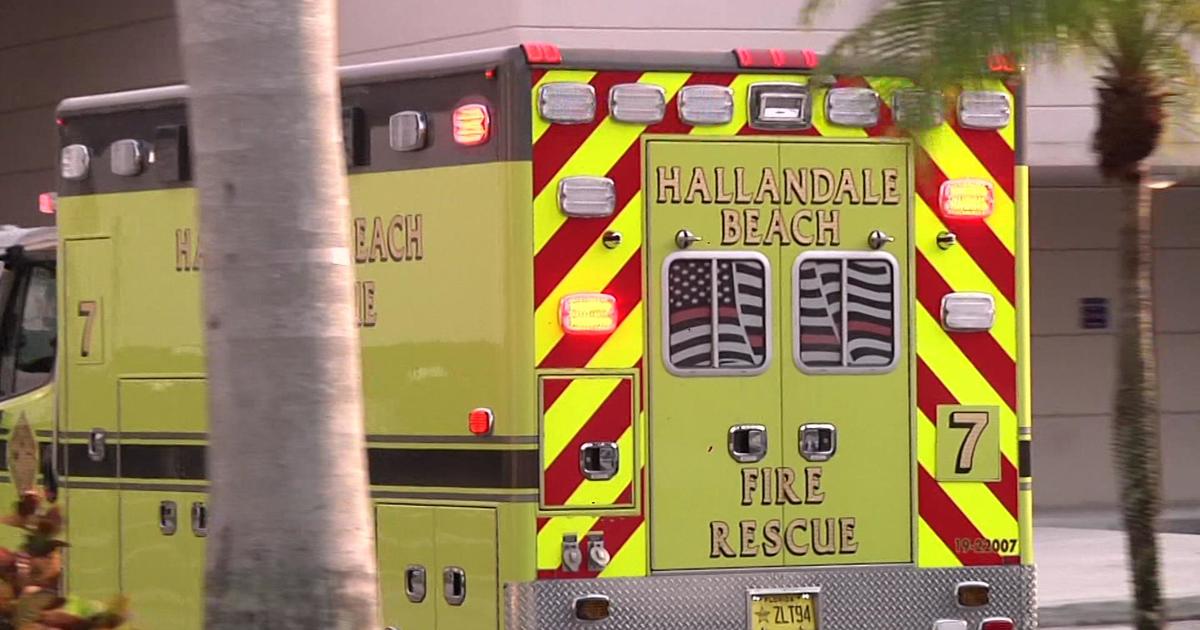Commission Dismisses Diversion Program's Role In Parkland School Shooting
Follow CBSMIAMI.COM: Facebook | Twitter
SUNRISE (CBSMiami/AP) - A state commission looking into factors surrounding the Valentine's Day shooting at Marjory Stoneman Douglas High has determined that a school diversion program played no part in the massacre.
On Tuesday the Marjory Stoneman Douglas High Public Safety Commission looked at confessed shooter Nikolas Cruz's participation, or lack thereof, in the "PROMISE Program." Cruz was enrolled in it in 2013 after he broke a handle on a bathroom faucet in middle school. The program is an alternative to reporting the incident to the police.
Records show Cruz did not complete the program, but they're not clear to how many days of the three-day program he missed.
Pinellas County Sheriff Bob Gualtieri said even if Cruz had been charged criminally, he would have, at worst, been given a short sentence of community service.
Gualtieri, who chairs the commission, called the issue "a red herring."
About a year before the attack, Nikolas Cruz was kicked out of the school after he harassed other students, had emotional outbursts, fought and had numerous other issues. He was sent to an alternative school.
On Sept. 28, 2016, an investigator from the Florida Department of Children and Families visited Nikolas Cruz and his mother after he posted video on Snapchat showing him cutting himself. The report showed he had written a racial epithet against African-Americans and a Nazi symbol on his book bag, which his mother had forced him to erase. The investigator said Nikolas Cruz was suffering from depression and on medication and had told Lynda Cruz he planned to buy a gun, but she couldn't determine why.
Gualtieri said Lynda Cruz late mother allowed him to buy a gun even though his mental health counselors opposed the idea.
He said Lynda Cruz was "an enabler" who interfered with efforts to get her son Nikolas treatment. Gualtieri said Lynda Cruz told counselors, "If he wants to have a gun, he could have a gun,"
Lynda Cruz died in November. Investigators say her 19-year-old son killed 17 people at Stoneman Douglas three months later.
The commission, comprised of law enforcement, education, and mental health officials, has been tasked with completing their report, including recommendations and system improvements, by January 1st, 2019.
But not everyone believes the PROMISE program played no role in what led to the February shooting.
"I would say that's absolutely false because it created a culture of leniency in Broward County of not reporting crimes," said Andrew Pollack, whose daughter, Meadow, was one of the victims. "Sure, the one offense in middle school that wouldn't have made a difference but what about him threatening teachers' lives in school. What about that offense?"
Still, commission members agree that there are problems with the PROMISE program.
"The fact that the PROMISE program operates and the PROMISE program doesn't communicate with other civil citation, pre-arrest diversion programs in Broward County is a huge problem," said Gualtieri.
"You cannot have all these different disciplinary programs in different silos and the SRO's not being able to look into PROMISE," said Max Schacter, whose son, Alex, died in the school shooting.
But more than PROMISE program, Gualtieri said Cruz's mother turned a blind eye to her son's interest in guns and often interfered when counselors tried to get help for her son. He called Cruz's mother an enabler. He said she overruled a suggestion from a school counselor that Cruz should not have guns.
"People were recommending against it and his mother said that she didn't care and, in fact, she helped him get a state ID card so he could go purchase firearms when he turned 18," Gualtieri said.
That left commission members like April Schentrup, whose daughter, Carmen, died in the shooting wondering how that could happen.
"For a mother who was calling the police about concerns to her home for how violent he is and things like that, you would've thought she would've taken more preventive measures," Schentrup said.
The commission wants to change some things about the PROMISE program.
They listed several recommendations like better sharing of information between diversion programs and not allowing the program to reset to zero for students at the end of each school year.
(© Copyright 2018 CBS Broadcasting Inc. All Rights Reserved. The Associated Press contributed to this report.)



